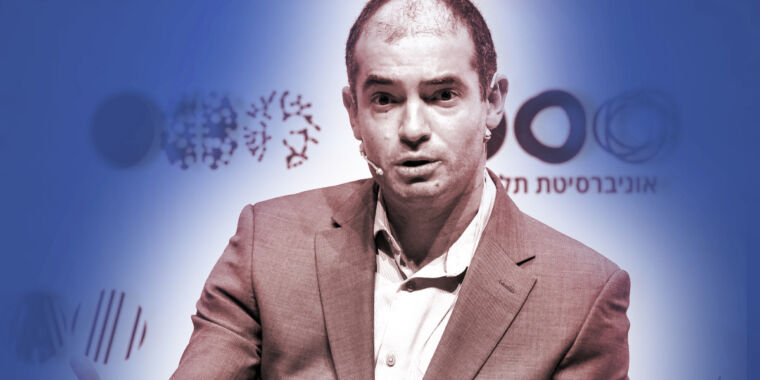Peter Hagen
@peter
At this point in my life I just want to build games haha. Tired of all the other BS 😅
Peter Hagen
@peter
At this point in my life I just want to build games haha. Tired of all the other BS 😅

A good summary of the OpenAI news.
First, Facebook views itself first-and-foremost as a social network, so it is disinclined to see that as a liability. Second, that view was reinforced by the way in which Facebook took on Snapchat. The point of The Audacity of Copying Well is that Facebook leveraged Instagram’s social network to halt Snapchat’s growth, which only reinforced that... See more